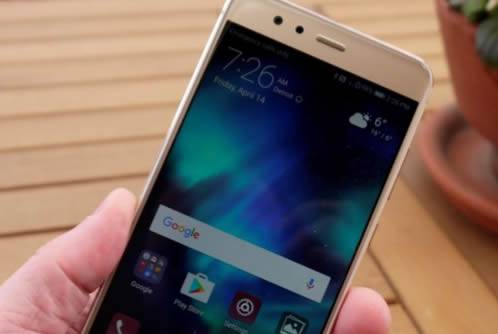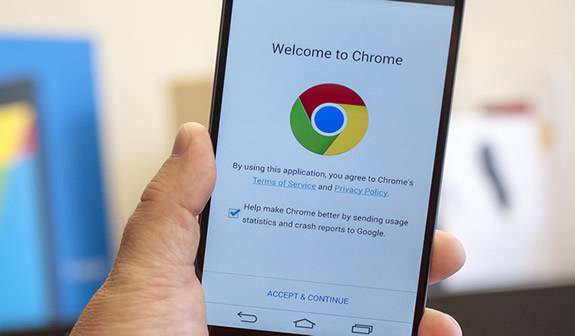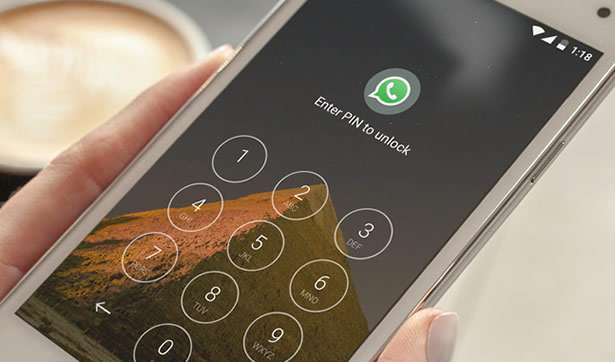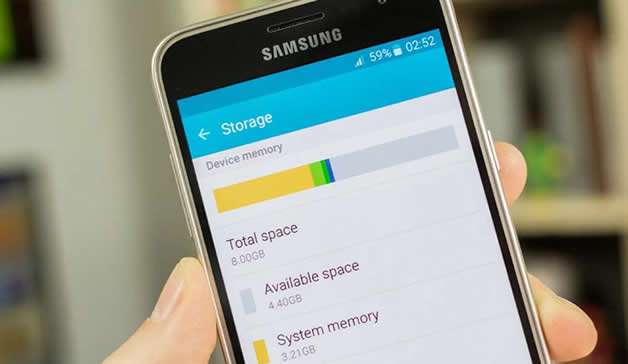No, a factory reset does not remove viruses from an Android device. To eliminate potential malware and other malicious code from your device, it is important to use reputable antivirus software that can scan for and detect any threats. Additionally, you should practice safe web browsing habits such as avoiding suspicious websites and only downloading apps from trusted sources.
Can Android virus survive factory reset?
Does a factory reset delete viruses?
A factory reset will not delete viruses from a computer. To remove any viruses, malware or other malicious software from your device, you should use antivirus and antimalware programs to scan for threats and quarantine or delete them. Additionally, it is important to keep your operating system and installed applications up-to-date with the latest security patches in order to prevent future infections.
How can I get rid of a virus on my Android phone?
It is important to take steps to protect your Android phone from viruses. First, you should regularly install the latest software and security updates for your device. This will help ensure that any existing or new viruses are not able to infect your device. You can also download an antivirus app onto your phone which can scan for malware and other threats, allowing you to quickly remove any virus you may have on the device. Additionally, practice safe browsing habits by only downloading apps from trusted sources such as Google Play Store and avoiding suspicious websites or links sent via email or text message.
Can spyware stay on phone after factory reset?
Yes, it is possible for spyware to remain on a smartphone after doing a factory reset. It can be difficult to detect because the malicious software may have been set up in such a way as to not be visible or accessible through normal system tools and settings. To ensure that your device is free of spyware, we recommend taking the following steps:
1) Run anti-malware scans on your phone regularly with trusted security software.
2) Make sure all apps you download come from authorized app stores only.
3) Keep your operating system and other apps updated with the latest versions available.
4) Be wary of any suspicious links or unsolicited emails sent to you by strangers.
5) Set up two-factor authentication when logging into accounts and websites; this will help protect against unauthorized access attempts if someone obtains your credentials.
Will a factory reset remove hackers?
No, a factory reset will not remove hackers from your device. To protect yourself against malicious actors, you should follow these steps:
1. Keep your operating system and software up to date with the latest security patches.
2. Use strong passwords and multi-factor authentication when available for all accounts on your device.
3. Use reliable anti-malware software and keep it updated regularly with the latest virus definitions.
4. Monitor network traffic for suspicious activities using a firewall or other monitoring tools such as Netalyzr or Wireshark .
5. Back up important data frequently in case of an attack or data loss due to malware infection or hardware failure
Will a factory reset get rid of spyware?
A factory reset can help remove spyware from a device, but it is not always 100% effective. To ensure that all spyware has been removed, we recommend taking the following steps in addition to performing a factory reset:
How do I wipe out a virus?
To effectively remove a virus from your system, it is important to take the appropriate steps. Here are some recommended steps to help protect your computer and get rid of any malicious software:
1. Disconnect from the internet: Once you have identified that there may be a virus on your machine, disconnecting from any online connections will prevent further damage or spread of the infection.
2. Update and run anti-virus/malware software: Updating existing anti-virus and malware protection programs can ensure that they are equipped with the latest definitions for detecting threats. Scanning your system with these programs can detect viruses quickly and allow them to be removed safely without causing additional harm to other files or applications installed on your computer.
3. Use System Restore (Windows): If available, using System Restore can return settings back to an earlier time before the virus was present on the computer, which could potentially eliminate its presence altogether without compromising data stored in other areas of memory storage.
4. Manually delete infected files (Advanced users only): For more advanced users who understand how computers work internally, manually deleting infected files is another option for removal if all else fails; however this should only be done with caution as incorrect deletion of certain critical operating system components could cause further damage than what was initially caused by the virus itself!
What kills viruses on phone?
The best way to kill viruses on your phone is to install a reliable anti-virus app. Look for an antivirus program that offers real-time protection and scan regularly for malicious software. Make sure the app you’ve chosen is from a reputable source, as malicious apps can be disguised as legitimate ones. Additionally, always keep your operating system up-to-date with the latest security patches and updates provided by your device manufacturer. Finally, exercise caution when downloading applications or clicking on links in emails/messages – only download apps from official stores like Google Play or Apple App Store, and avoid any suspicious downloads which could contain malware or other threats.
{“@context”:”https://schema.org”,”@type”:”FAQPage”,”mainEntity”:[{“@type”:”Question”,”name”:”Does a factory reset delete viruses?”,”acceptedAnswer”:{“@type”:”Answer”,”text”:”nnA factory reset will not delete viruses from a computer. To remove any viruses, malware or other malicious software from your device, you should use antivirus and antimalware programs to scan for threats and quarantine or delete them. Additionally, it is important to keep your operating system and installed applications up-to-date with the latest security patches in order to prevent future infections.”}},{“@type”:”Question”,”name”:”How can I get rid of a virus on my Android phone?”,”acceptedAnswer”:{“@type”:”Answer”,”text”:”nnIt is important to take steps to protect your Android phone from viruses. First, you should regularly install the latest software and security updates for your device. This will help ensure that any existing or new viruses are not able to infect your device. You can also download an antivirus app onto your phone which can scan for malware and other threats, allowing you to quickly remove any virus you may have on the device. Additionally, practice safe browsing habits by only downloading apps from trusted sources such as Google Play Store and avoiding suspicious websites or links sent via email or text message.”}},{“@type”:”Question”,”name”:”Can spyware stay on phone after factory reset?”,”acceptedAnswer”:{“@type”:”Answer”,”text”:” nnYes, it is possible for spyware to remain on a smartphone after doing a factory reset. It can be difficult to detect because the malicious software may have been set up in such a way as to not be visible or accessible through normal system tools and settings. To ensure that your device is free of spyware, we recommend taking the following steps: n1) Run anti-malware scans on your phone regularly with trusted security software. n2) Make sure all apps you download come from authorized app stores only. n3) Keep your operating system and other apps updated with the latest versions available. n4) Be wary of any suspicious links or unsolicited emails sent to you by strangers. n5) Set up two-factor authentication when logging into accounts and websites; this will help protect against unauthorized access attempts if someone obtains your credentials.”}},{“@type”:”Question”,”name”:”Will a factory reset remove hackers?”,”acceptedAnswer”:{“@type”:”Answer”,”text”:”nnNo, a factory reset will not remove hackers from your device. To protect yourself against malicious actors, you should follow these steps: n1. Keep your operating system and software up to date with the latest security patches. n2. Use strong passwords and multi-factor authentication when available for all accounts on your device. n3. Use reliable anti-malware software and keep it updated regularly with the latest virus definitions. n4. Monitor network traffic for suspicious activities using a firewall or other monitoring tools such as Netalyzr or Wireshark . n5. Back up important data frequently in case of an attack or data loss due to malware infection or hardware failure”}},{“@type”:”Question”,”name”:”Will a factory reset get rid of spyware?”,”acceptedAnswer”:{“@type”:”Answer”,”text”:” nnA factory reset can help remove spyware from a device, but it is not always 100% effective. To ensure that all spyware has been removed, we recommend taking the following steps in addition to performing a factory reset:”}},{“@type”:”Question”,”name”:”How do I wipe out a virus?”,”acceptedAnswer”:{“@type”:”Answer”,”text”:”nnTo effectively remove a virus from your system, it is important to take the appropriate steps. Here are some recommended steps to help protect your computer and get rid of any malicious software: n1. Disconnect from the internet: Once you have identified that there may be a virus on your machine, disconnecting from any online connections will prevent further damage or spread of the infection. n2. Update and run anti-virus/malware software: Updating existing anti-virus and malware protection programs can ensure that they are equipped with the latest definitions for detecting threats. Scanning your system with these programs can detect viruses quickly and allow them to be removed safely without causing additional harm to other files or applications installed on your computer. n3. Use System Restore (Windows): If available, using System Restore can return settings back to an earlier time before the virus was present on the computer, which could potentially eliminate its presence altogether without compromising data stored in other areas of memory storage. n4. Manually delete infected files (Advanced users only): For more advanced users who understand how computers work internally, manually deleting infected files is another option for removal if all else fails; however this should only be done with caution as incorrect deletion of certain critical operating system components could cause further damage than what was initially caused by the virus itself!”}},{“@type”:”Question”,”name”:”What kills viruses on phone?”,”acceptedAnswer”:{“@type”:”Answer”,”text”:”nnThe best way to kill viruses on your phone is to install a reliable anti-virus app. Look for an antivirus program that offers real-time protection and scan regularly for malicious software. Make sure the app youu2019ve chosen is from a reputable source, as malicious apps can be disguised as legitimate ones. Additionally, always keep your operating system up-to-date with the latest security patches and updates provided by your device manufacturer. Finally, exercise caution when downloading applications or clicking on links in emails/messages – only download apps from official stores like Google Play or Apple App Store, and avoid any suspicious downloads which could contain malware or other threats.”}}]}







